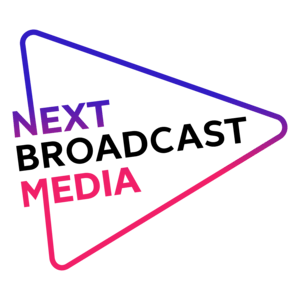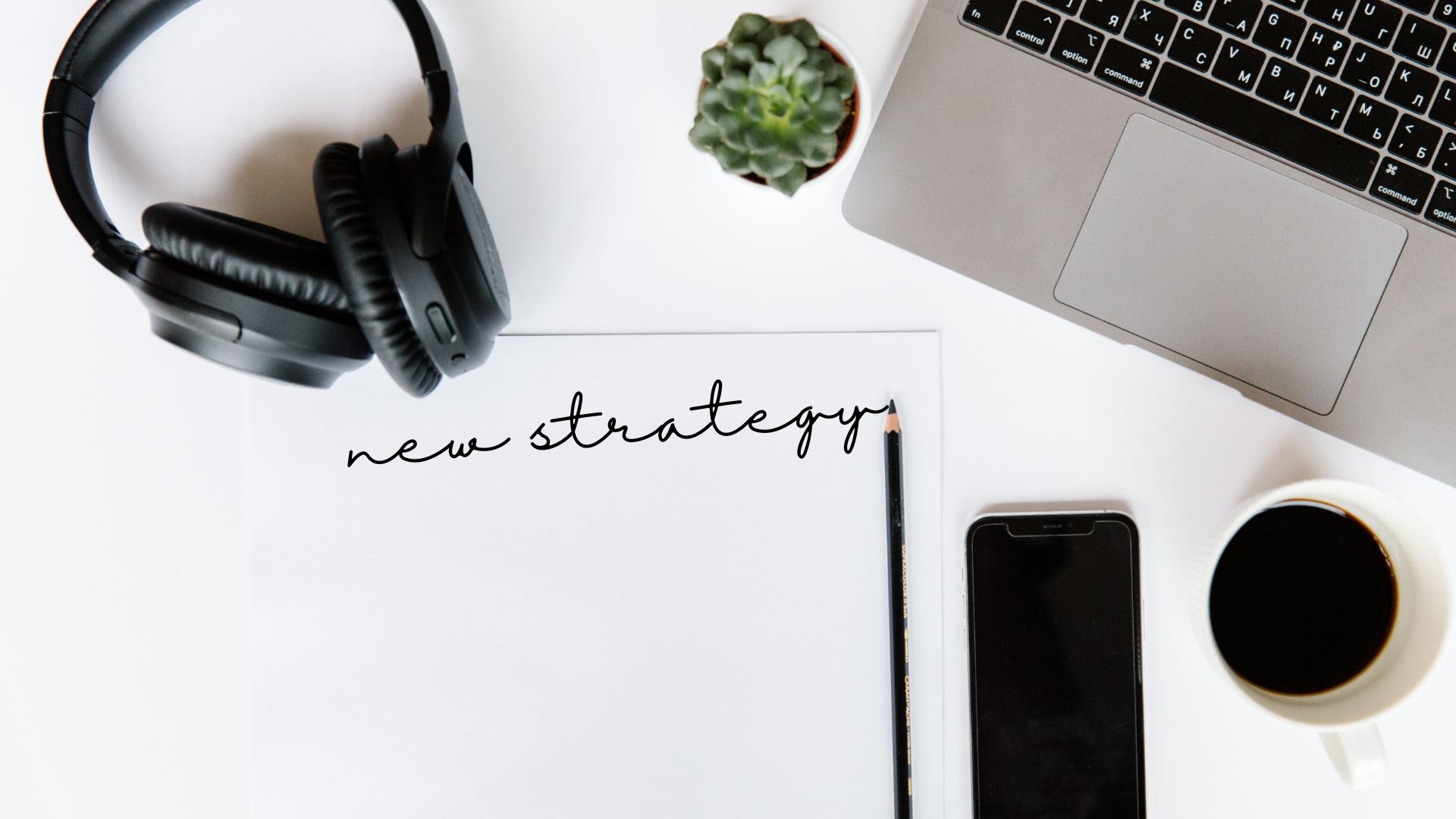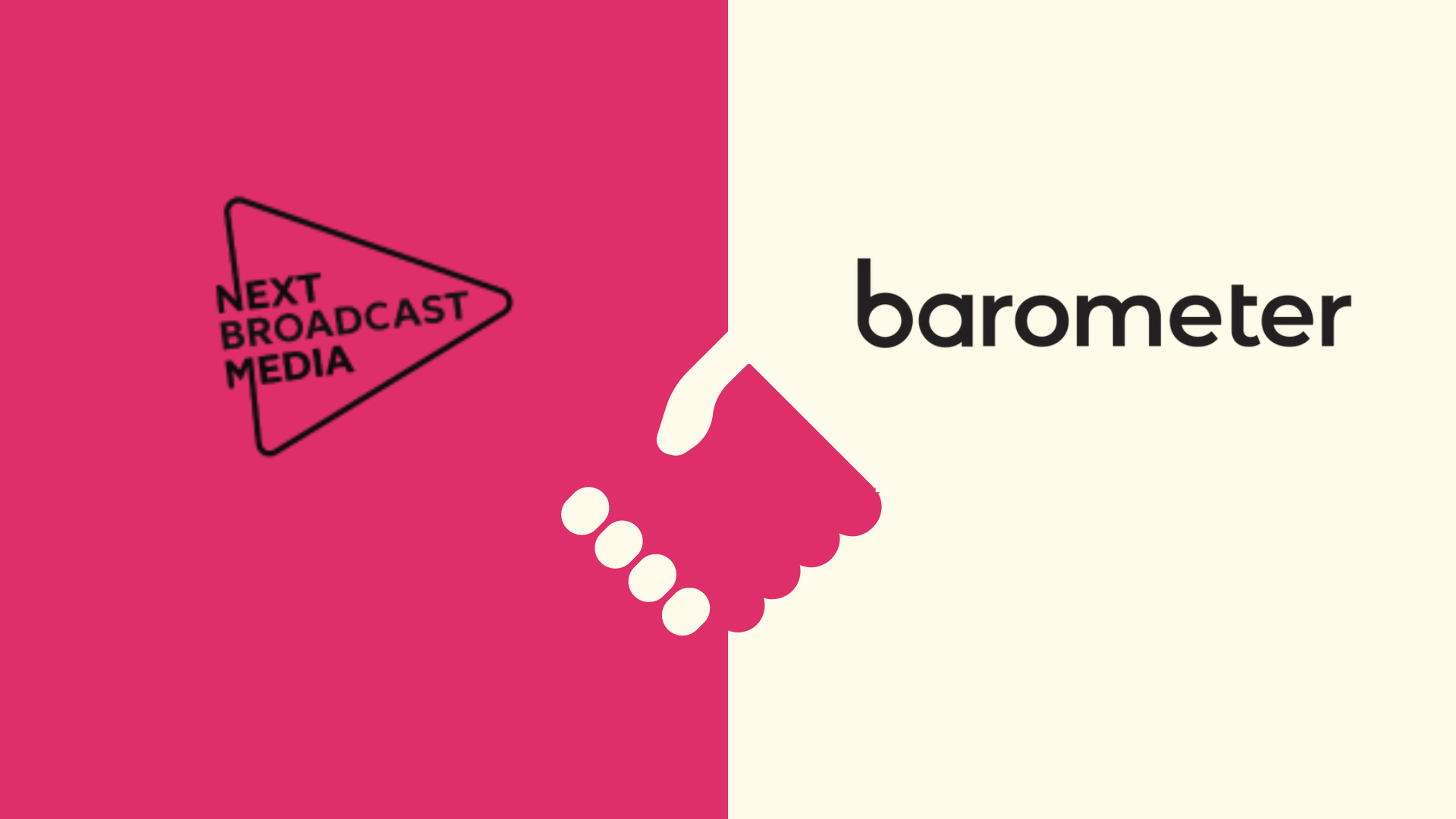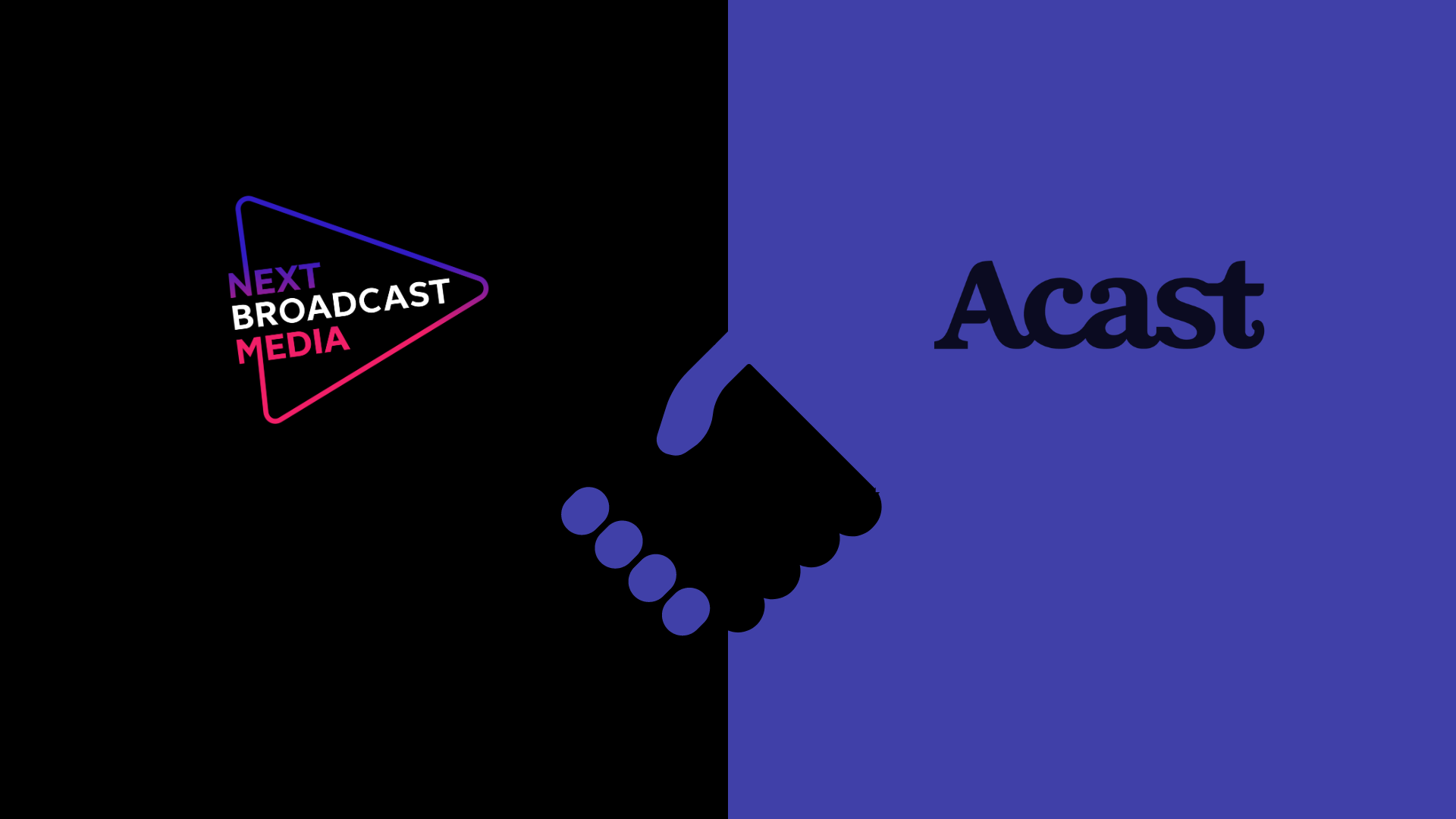In this post we answer our clients top questions about branded podcasts. If you’re starting to put together a branded podcast marketing strategy, then this is a great place to start.
Q: How do branded podcasts differ from Host Read Ads, Sponsorships, Dynamic Ads?
While these are all different approaches to incorporating advertising or promotional content into podcasts. There are differences.
Branded Podcasts are original podcast shows created by a brand or business themselves. These podcasts are designed to align with the brand’s values, target audience, and overall marketing strategy.
Podcast host read ads are advertisements or promotions delivered within the podcast episode by the podcast host themselves. The host usually reads a scripted ad, discussing the features, benefits, or special offers related to a product or service. These ads are integrated into the episode’s content.
Podcast sponsorships involve a brand financially supporting a podcast in exchange for promotional consideration. In a sponsorship arrangement, the podcast host or production team mentions the sponsor’s name or product, often at the beginning or end of an episode, and acknowledges their support. Sponsorships can vary in terms of the extent of promotion, from brief mentions to more extensive endorsement-style content.
Dynamic ads are a type of targeted advertising that can be dynamically inserted into podcast episodes based on the listener’s location, interests, or demographics. These ads are pre-recorded and enable brands to reach specific audience segments and measure the effectiveness of their advertising campaigns more accurately.
Q: How do branded podcasts differ from other types of branded content, like sponsored blog posts or social media?
Branded content encompasses a wide range of formats, including articles, videos, podcasts, graphics, and more, but is all aimed at enhancing the customer’s experience and forging a meaningful connection with the brand. Its is meant to tap into the emotions of the audience, captivating them and drawing them closer to the brand without employing overt sales tactics.
So in this sense, to answer the question, branded podcasts fundamentally differ because of the format; it is the audio way to connect. A big difference is effectiveness though. As audio ranks higher in trust and engagement than other media formats, it can be more effective in achieving your goal.
“A study by Mindshare’s NeuroLab found that trust for the advertised brands went down after the exposure to a video ad on social media and up when the brands featured on podcasts”

Q: What are some of the benefits of incorporating branded podcasts?
We covered this topic in detail on another blog here – but to summarise, here are seven key areas branded podcasts can help:
Brand storytelling
Thought leadership
Product or service promotion
Partnerships and collaborations
Cross promotion and repurposing content
Brand awareness and loyalty
Taking a social stance and communicate values
Q: Do you have to avoid mentioning your business, products, services…etc.?
Yes and no. It just depends on your show’s purpose!
If the purpose is to generate interest in your industry or a particular topic, then you might want your business to keep a low profile; in which case you won’t mention it in every episode or even in the podcast’s branding elements (like cover art and show description). Just add the name/product where it makes sense.
However, if your objective is to promote your brand’s name and increase exposure for your company, then it is of course advisable to include mentions of the brand…but at the right ratio! Strike a balance and do not overdo it! Providing value to your listeners remains the paramount objective. Incorporating one to two mentions per episode is typically ok.
Q: What type of topics and themes work best for branded podcasts? And what format should I use?
This is probably one of the most important creative decisions you’ll make in this whole process.
There are over 2 million podcasts out there, so just “creating a show about makeup” isn’t going to get you the engagement you’re after. Be more specific. Pick a topic you can offer a fresh approach to or a niche that nobody’s talking about yet.
To kick start the creative process you could research the most popular genres within your target country and audience to see what’s most popular. For example in the US and UK female podcast listeners are mostly tuning into comedy, societal and true crime, whereas in China entertainment, news, and personal development rank high among women.
Look at the data out there too. In a recent survey by SXM, they found Gen Z is looking to hear real life stories (94%), banter or back and forth conversations (92%), shows that can be binge-listened (91%) and interviews with different guests (90%), and almost six in 10 say it’s important that podcasts provide them with good tips and advice.
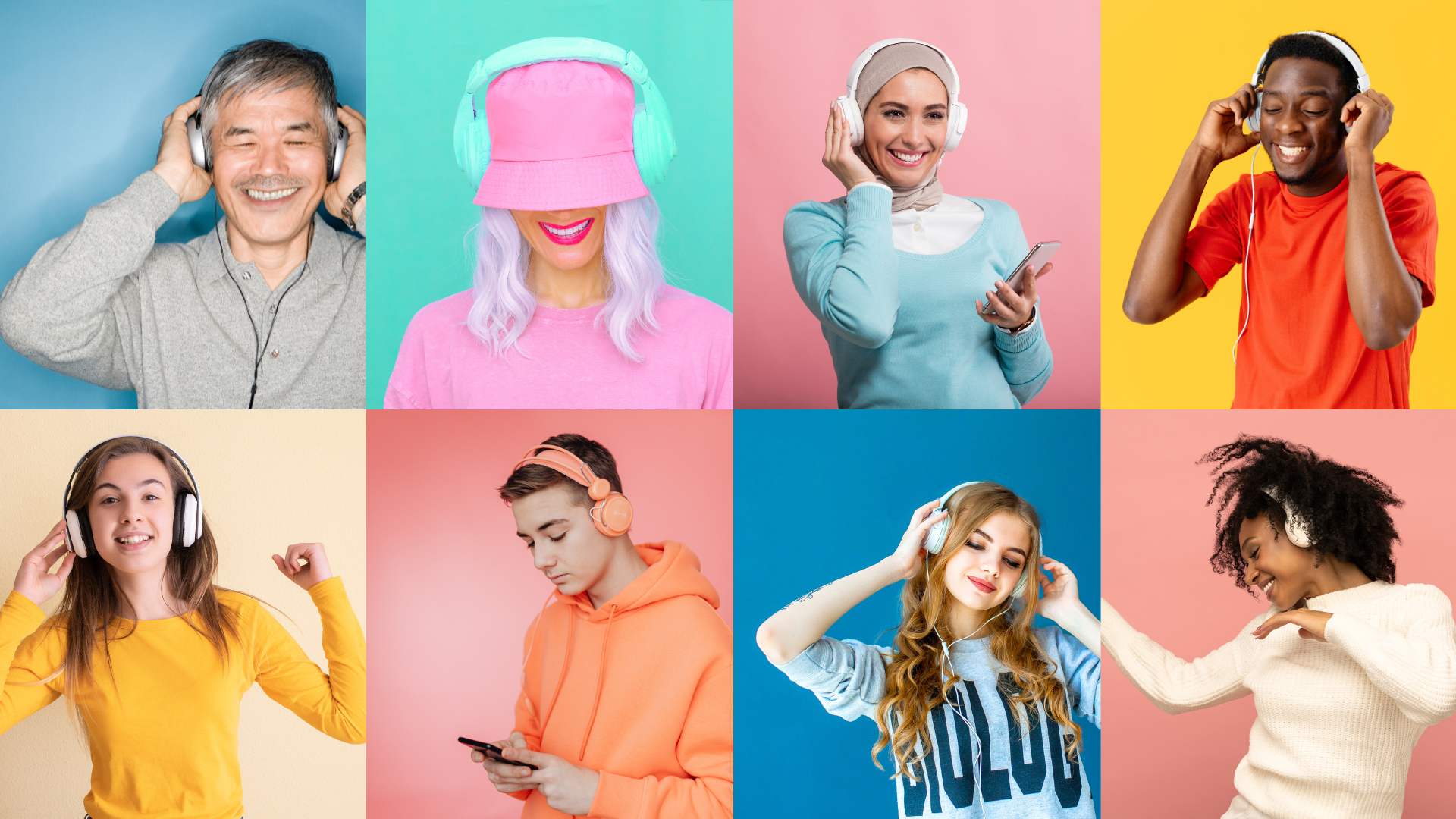
Q: How important is finding the right hosts (and guests) and what qualities should I look for?
Hosts are incredibly important. They are part of the reason listeners connect and trust shows. Take time to find the right person/s. They will become the voice people associate with your brand after all!
Besides someone who speaks the right language and represents your target audience, look for someone who is a good conversationalist, knowledgeable or curious about your topic, outgoing, has a pleasing voice, good planner/organised and considerate.
In addition, finding a host and guests that are social media savvy is beneficial too. They can then organically promote your show to their audience, increasing your reach.
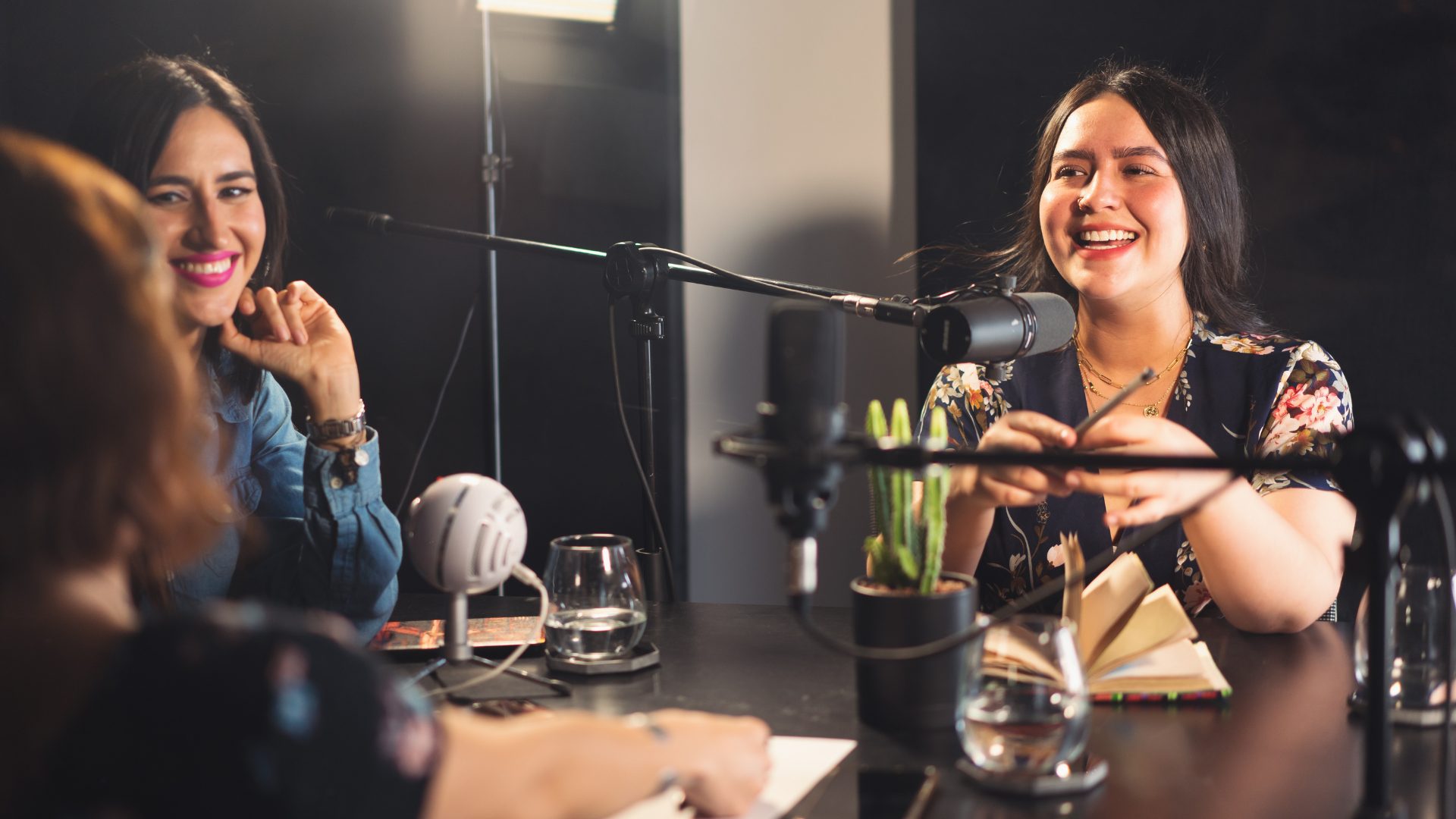
Q: How do I get people to listen to our show?
You don’t need to reinvent the marketing wheel! Use your existing channels and networks. For example
- Use your existing database to email your customers about your show. We include our show, Sound Advice, in our weekly newsletter.
- Talk about it on your social networks. Audiograms and quote graphics are a great idea to drive interest.
- Use programmatic podcast ads! Converting already active podcast listeners is an easy win.
- Podcast SEO! Using show notes, transcripts, episode descriptions, and webpages you boost they chance of people discovering your show or specific episodes when they search for relevant topics within their podcast app.
- Influencers. Invite guests and partners to speak on your show, and use their reach to promote your podcast. Have internal staff promote the show too
Q: What metrics should I use to measure the success of my branded podcast?
Success is relative. Your show success will be based on your goals and objectives. These are some key metrics to look at:
- Number of downloads per episode and the show as a whole, to help identify reach
- Listen-through rate, to judge your engagement
- Number of subscribers, will indicate your popularity and impact
- Listener reviews and rating, with this you can judge the relevance and quality of your show
- Social engagement (shares, comments, likes etc.), you can get an understanding of your popularity and relevance.
If you’re specifically looking at lead generation, tracking pixels, promo codes, and add a “where did you hear about us” in your lead forms.
